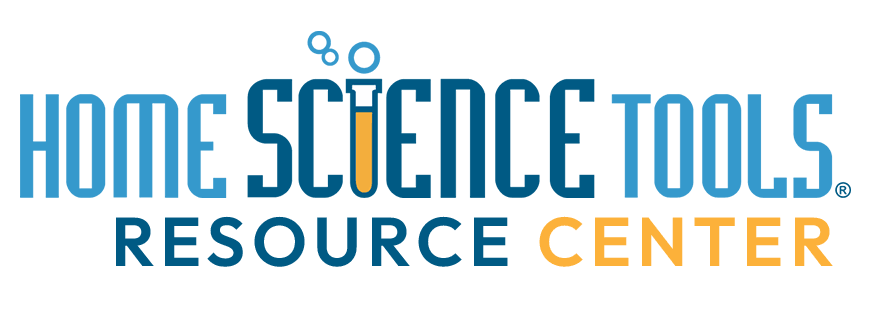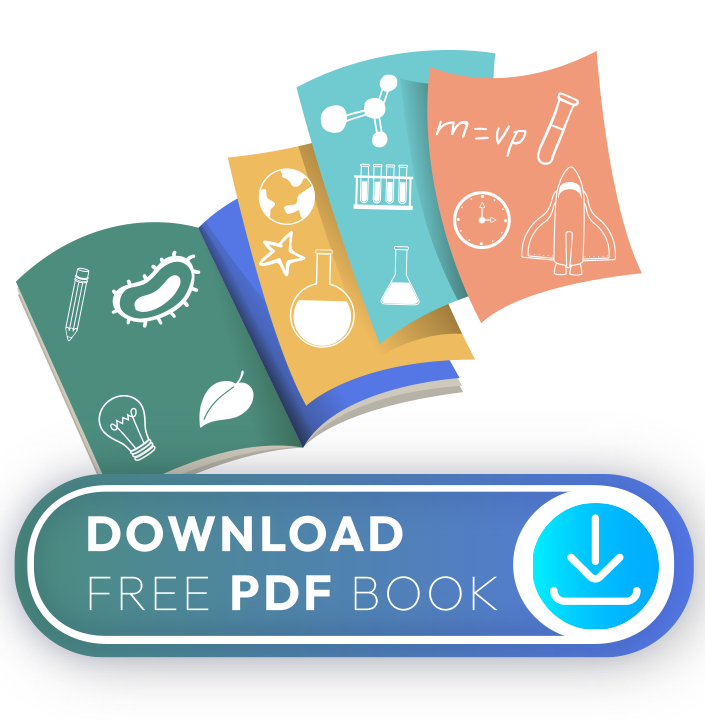In this experiment, cultivate bacteria in pumpkin petri dishes instead. All you need is some leftover pumpkin, household items, and some places around the house to perform this experiment. In this activity, you’ll use the scientific method by making predictions and collecting and recording data. (Adult supervision recommended.)

What You Need:
- 1 pumpkin (or part of it)
- Ziplock bags
- Marker (to write on bags)
- Data sheet or paper
- Pencil/pen
What You Do:
1. Cut a pumpkin into pieces that will fit inside the ziplock bags, placing one piece of pumpkin in a bag. The size of these pieces of pumpkin is not important; just make sure they fit in the bags and the pieces are fairly uniform in size.
2. Close the ziplock bags most of the way (the environment needs to be moist, yet fresh air needs to enter.)
3. Place the bags in various areas around the house such as the refrigerator, a sunny area, a shady area, a warm area, a dry area, a moist area, etc. (You may want to label each bag with its location)
4. After choosing the locations for your pumpkin petri dishes, predict which pumpkin will grow the most mold during the course of the experiment.
5. Each day, look at all your pumpkin samples and record how much mold has grown on each piece.
6. Print out and use the charts below to record your pumpkin petri dish data.
Pumpkin Petri Dishes Study Questions:
- When did the mold start to grow on pumpkin section 1? Pumpkin section 2? And so on.
- How would you compare the growth of mold on pumpkin section 1 to that of pumpkin section 2?
- How is temperature/time related to the growth of the mold?
- What could you do to minimize the growth of mold?
- What could you do to maximize the growth of mold?
- How would you apply what you learned to where we should keep our food?
- How would you adapt this experiment to create a different experiment?






